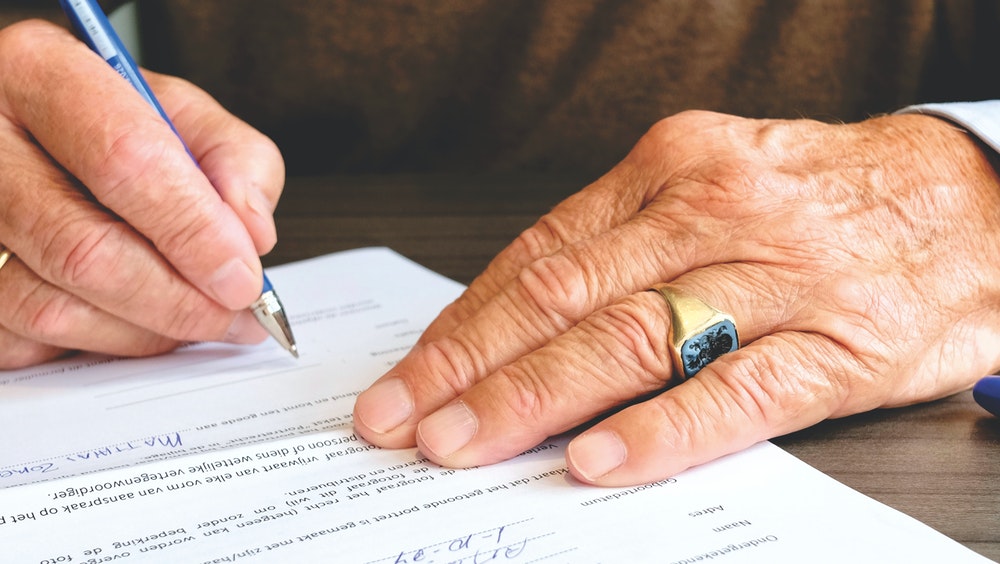If you’re keen on safeguarding your assets and heirs even after your death, it’s time you consider having an estate plan.
According to Business Insider, estate planning offers the most effective way for an individual to arrange their financial affairs and safeguard heirs. Usually, estate planning goes beyond the simple act of writing a will. Therefore, it’s an important aspect of your life.
Unfortunately, many individuals, perhaps including you, consider estate planning to be an endeavor for the rich and mighty in society. However, this important undertaking is ideal for everyone, irrespective of their financial status or age.
Below are five key importance of creating an estate plan and how you and your beneficiaries can gain from it:
1. An Estate Plan Safeguards Your Beneficiaries
Nowadays, the notion that an estate plan is an undertaking for the high valued members of society is fading away. Currently, most middle-class households are embracing the idea of planning for when the breadwinner(s) dies. Likewise, ensure you embrace this idea to make sure you transfer your assets to your heirs when you die.
Therefore, estate planning is important as it allows you to assign assets to your heirs before death. That way, you can protect your beneficiaries and give them full access and control of your assets, whether a stock portfolio or a second home.
Usually, in the absence of an estate plan, the court will decide who gains access and control of your assets. Besides being inconvenient, the process often takes time and can be costly. That is one of the reasons why an estate plan is vital if you’re keen on safeguarding your kin when you pass away.
2. An Estate Plan Exempts Heirs from Huge Taxes
One of the main reasons why you must create an estate plan is to protect your close family members from the Internal Revenue Service (IRS). You must strive to transfer your assets to beneficiaries with the least possible tax burden for them.
By creating an estate plan even for some of your assets, you can significantly minimize much or sometimes all of their state and federal taxes. Additionally, there are chances that you can lower the income tax your heirs might be required to pay. Without an estate plan, your beneficiaries might pay significant amounts as taxes.
3. An Estate Plan Safeguards Minors
Are you a parent to young kids? Perhaps you haven’t thought of what might conspire if you die! This is where the “will” section of an estate plan plays an important role.
To guarantee the safety and wellbeing of your small kids, make sure you name their guardians just in case both of you as parents pass away before they’re 18 years. Without a will that explicitly recognizes and identifies these guardians, the court will take over and decide who will bring up your kids.
4. Assists in Preventing Family Disputes

Chances are, if you don’t develop an estate plan when you’re still alive, disputes will arise while sharing your assets following your demise. The dispute will be aggravated even more if you have many wives and each has children.
Therefore, you must ensure you have arranged the distribution of your assets and avoid the matter from being taken over by the court. Having an estate plan is the best strategy to prevent disputes among your family members after your demise.
5. Assists You to Avoid Probate
The other importance of having an estate plan is that it prevents probate from occurring to you. Probate is a situation where the court authorizes the undertaking of a process of validating your will, settling due taxes and bills, and approximating the value of your estate.
Once these processes are complete, the court authorizes the distribution of your remaining assets to the lawful heirs at its discretion. You would want to avoid this situation at all costs, and you can only do so by coming up with an estate plan.
Final Remarks
If you’re keen on safeguarding your assets and heirs even after your death, it’s time you consider having an estate plan. Failure to develop one, the beneficiaries you leave behind after your demise might encounter huge tax burdens. From the above five importance of an estate plan, you can see what you and your beneficiaries stand to gain.


Join the conversation!